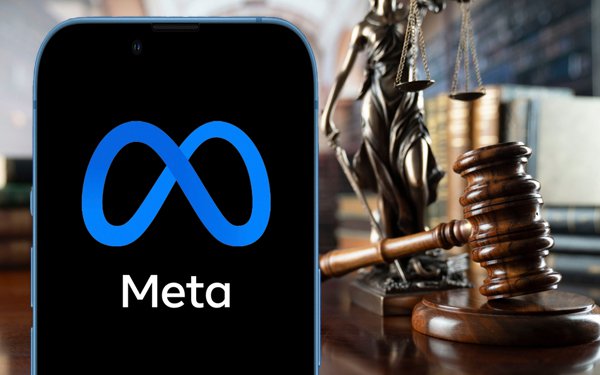
A Maryland resident is attempting to revive his
lawsuit against Meta Platforms over ads for counterfeit coins.
In court papers filed Wednesday, Barry Glazer, a personal injury attorney and medical malpractice attorney, as
well as long-time TV advertiser, reiterates his contention that Meta's terms of service obligate the company to
police its platform for phony ads.
U.S. District Court Judge George Russell, III in Baltimore dismissed Glazer's suit against Meta in mid-October, ruling that Section 230 of
the Communications Decency Act protected the platform from liability. That law generally immunizes companies from lawsuits over illegal content posted by third parties.
Glazer
is now asking Russell to reverse his ruling. He argues in a motion filed Wednesday that allowing "giant corporations" such as Meta "to walk away from any responsibility is to be complicit in the
flimflamming of hundreds of thousands innocent, perhaps less intelligent or impaired citizens."
advertisement
advertisement
The new papers come in a dispute dating to May, when Glazer alleged in a
class-action complaint that he purchased 20 purported U.S. Morgan silver dollars from the late 1800s for $3.50 each, after viewing an ad for them on Facebook Marketplace.
Glazer alleged that he was "intrigued by the implausibly low price but misled by the presentation of the listing."
He later discovered the coins were
counterfeit, after which he sued Meta over the ads.
The complaint included a claim that Meta broke its contract with users by failing to "remove or properly address" fake
ads.
Meta says in its terms of service that it attempts to detect misuse of its product and harmful conduct, and that if it learns
of content that violates its policies it "may take appropriate action based on our assessment that may include ... removing or restricting access to certain features."
Glazer
isn't the only one suing Meta over allegedly fraudulent ads. The company also faces a separate class-action complaint in California on behalf of Facebook users who lost money after responding to fake
advertisements.
U.S. District Court Judge Jeffrey White in the Northern District of California initially dismissed that lawsuit, ruling that Section 230 barred the claims, but
the 9th Circuit Court of Appeals revived the case.
The appellate court specifically ruled in the matter that the users who sued could attempt to prove that Meta violated its
terms of service by allegedly failing to police Facebook ads placed by third parties.
White recently rejected Meta's renewed bid to dismiss the case, holding that the
allegations against the platform, if found to be true, could support claims the company broke its contract with users and violated its duty of good faith.